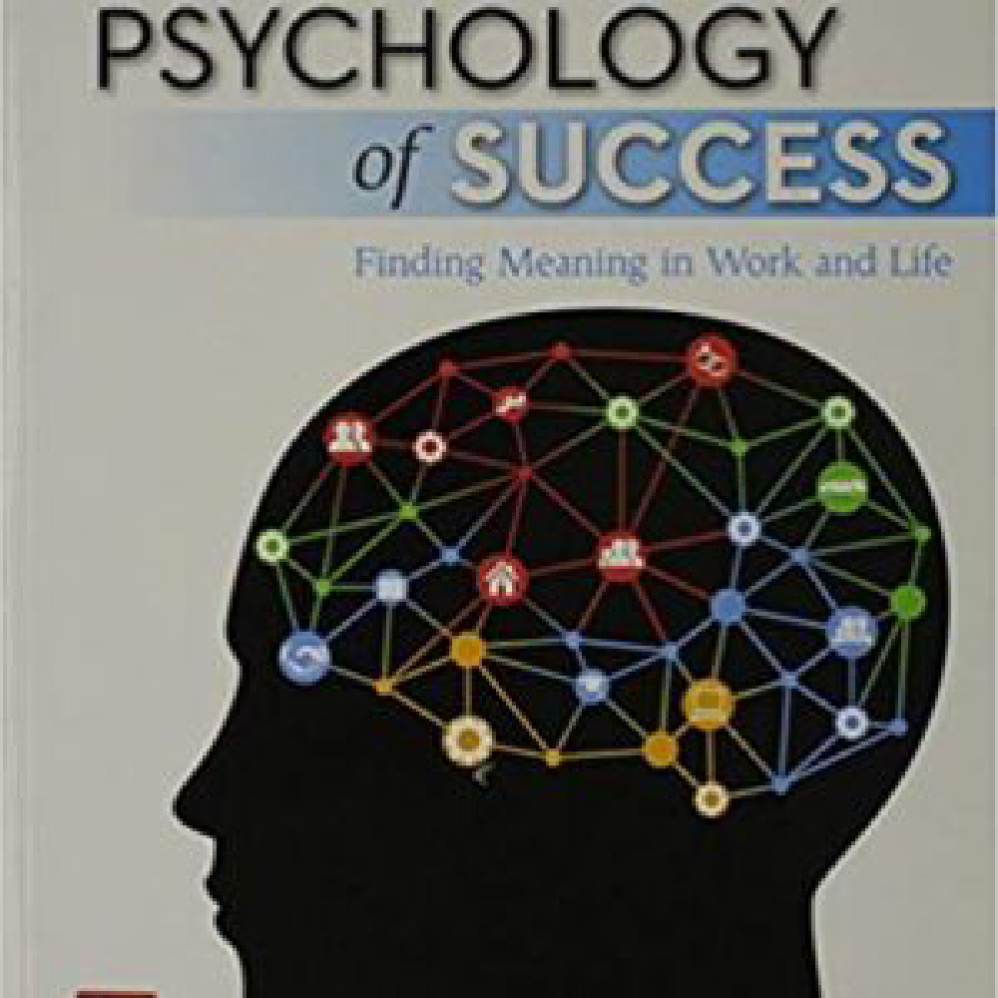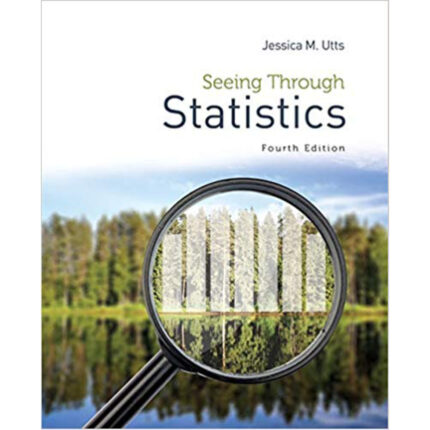- Which is the best definition of critical thinking?
- The process of deciding you need more information to solve a problem
- The process of analyzing information when you need to make a decision
- The process of evaluating information when you need to solve a problem quickly
- D. The process of analyzing and evaluating information to solve problems or make decisions
Accessibility: Keyboard Navigation
Blooms: Remember
Difficulty: 1 Easy
Gradable: automatic
Learning Objective: Explain the concepts of information literacy, critical thinking, and the importance of questioning information.
Topic: Information Literacy and the Critical Thinking Process
Feedback: Critical thinking is the process of analyzing and evaluating information to solve problems and make decisions.
- What is the primary benefit of critical thinking?
- A. Critical thinking can help you make better decisions about every aspect of your life
- Critical thinking can help you make better financial decisions
- Critical thinking can help you make better career decisions
- Critical thinking can help you make better moral decisions
Accessibility: Keyboard Navigation
Blooms: Understand
Difficulty: 1 Easy
Gradable: automatic
Learning Objective: Explain the concepts of information literacy, critical thinking, and the importance of questioning information.
Topic: Information Literacy and the Critical Thinking Process
Feedback: Critical thinking applies to every aspect of your life, from financial decisions, to moral decisions and voting, and even to your relationships.
- Which of the following would be the best definition of information literacy?
- The ability to take in all the information that surrounds you every day
- B. The ability to know when information is needed, to find it, to evaluate it, and to apply it
- The process of analyzing and evaluating information and using it to solve problems
- The ability to gather all the information available about your favorite hobby
Accessibility: Keyboard Navigation
Blooms: Remember
Difficulty: 1 Easy
Gradable: automatic
Learning Objective: Explain the concepts of information literacy, critical thinking, and the importance of questioning information.
Topic: Information Literacy and the Critical Thinking Process
Feedback: Information literacy is the ability to know when information is needed, to find it, to evaluate it, and to apply it.
- What is the primary benefit of developing information literacy?
- A. You will know when you need more information and how to find, evaluate, and apply information.
- You will be able to win more debates with your friends.
- You will know when you need more information.
- You will know how to use information to solve problems.
Accessibility: Keyboard Navigation
Blooms: Understand
Difficulty: 1 Easy
Gradable: automatic
Learning Objective: Explain the concepts of information literacy, critical thinking, and the importance of questioning information.
Topic: Information Literacy and the Critical Thinking Process
Feedback: The primary benefit of developing information literacy is that you will have the ability to know when information is needed, where to find it, how to evaluate and apply it.
- One of the standards of journalism is that an editor will use critical thinking and information literacy to review and approve a story before it is published. Many websites don’t follow the standards of journalism, though. On the web, anyone can buy a domain (web address) and build a website to publish story. What does this fact mean to you as a student?
- You need to avoid the web because it contains too much information from unverified sources.
- B. You need to use critical thinking and information literacy to review information from the web.
- You need to do research in the library before you do any research on the web.
- You need to validate all information on the web against at least two printed sources.
Accessibility: Keyboard Navigation
Blooms: Understand
Difficulty: 1 Easy
Gradable: automatic
Learning Objective: Explain the concepts of information literacy, critical thinking, and the importance of questioning information.
Topic: Information Literacy and the Critical Thinking Process
Feedback: A website’s owner may not use information literacy and critical thinking to review a story before it is published.
- What is the best definition of an argument?
- A disagreement between you and your roommate about the internet bill
- B. A point of view, supported by examples and/or evidence that proves or disproves a point
- A point of view, repeated often and supported by statements found on the web
- A generalization based on your personal observations and experiences
Accessibility: Keyboard Navigation
Blooms: Remember
Difficulty: 1 Easy
Gradable: automatic
Learning Objective: Explain the concepts of information literacy, critical thinking, and the importance of questioning information.
Topic: Information Literacy and the Critical Thinking Process
Feedback: An argument is a point of view, supported by examples and/or evidence that proves or disproves a point.
- How is an argument like a stool?
- A stool has a seat, which represents the main idea or viewpoint of the argument.
- A stool’s seat is supported by legs, which represent details and evidence that support the main idea of the argument.
- A stool has a seat, which contains details and evidence that support the argument.
- D. A stool has a seat, which represents the main point of the argument, and legs, which represent details and evidence that support the main point of the argument.
Accessibility: Keyboard Navigation
Blooms: Remember
Difficulty: 1 Easy
Gradable: automatic
Learning Objective: Explain the concepts of information literacy, critical thinking, and the importance of questioning information.
Topic: Information Literacy and the Critical Thinking Process
Feedback: Like a stool, an argument must have both a seat, a main idea, and legs, details and evidence that support the main idea.
- You’re excited to buy a product demonstrated in an informercial, a longer television commercial that looks like a segment on a news magazine. Why should you hesitate before you call the telephone number shown on the screen?
- You may be able to find a better price at a local store.
- B. Informercials often present one argument or point of view, so you should research other viewpoints before you buy.
- Infomercials present multiple points of viewso you need to list each argument and analyze the supporting evidence.
- You want to ask a friend’s advice about this type of product.
Accessibility: Keyboard Navigation
Blooms: Understand
Difficulty: 2 Medium
Gradable: automatic
Learning Objective: Explain the concepts of information literacy, critical thinking, and the importance of questioning information.
Topic: Information Literacy and the Critical Thinking Process
Feedback: Commercials typically present one argument or point of view. Before you buy, you need to research other points of view, such as customer comments posed to a product review site.
- Which of the following is the best definition of an assumption?
- An assumption is a conclusion about what is true, based on your feelings.
- An assumption is a generalization based on day-to-day observations.
- C. An assumption is an unexamined judgment, generalization, or conclusion influenced by observations, experience, and values.
- As assumption is a judgment based on facts and figures that are known to be true.
Accessibility: Keyboard Navigation
Blooms: Remember
Difficulty: 1 Easy
Gradable: automatic
Learning Objective: Explain the concepts of information literacy, critical thinking, and the importance of questioning information.
Topic: Information Literacy and the Critical Thinking Process
Feedback: An assumption is an unexamined judgment, generalization, or conclusion that is influenced by observations, experience, and values.
- Why is it risky to base a decision on an assumption?
- The assumption may be influenced by one person’s experiences.
- The assumption may be based reasoning and truth.
- C. The assumption may be based on unexamined judgments or generalizations.
- An assumption may be based on evidence and facts.
Accessibility: Keyboard Navigation
Blooms: Understand
Difficulty: 1 Easy
Gradable: automatic
Learning Objective: Explain the concepts of information literacy, critical thinking, and the importance of questioning information.
Topic: Information Literacy and the Critical Thinking Process
Feedback: Assumptions are often unexamined. Keep that in mind when you listen or gather information. If you notice an assumption the person is making, consider if they are aware of that assumption, and what it is based on.













Reviews
There are no reviews yet.